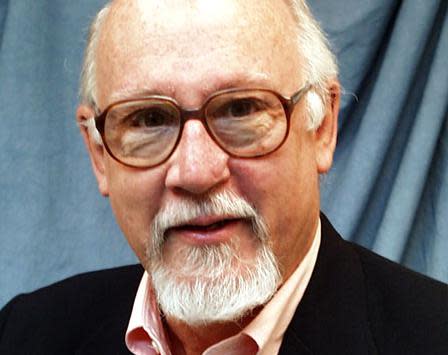Novel depicts hard times in Philadelphia and in Alabama | DON NOBLE
Ayana Mathis had a bestseller with her first novel, “The Twelve Tribes of Hattie,” and has followed that with this very powerful story. “The Unsettled” is long, dense, serious and worth the effort.
Her depiction of life in the later '80s, in fictional Bonaparte, Alabama, modeled after Gee’s Bend, right on the Alabama River, and in Philadelphia, is unrelentingly harsh, but rings true.
NICK SABAN COMMEMORATIVE BOOK: Relive Nick Saban’s epic Alabama football coaching career with our special book! Preorder here.
In Bonaparte, the speaker is Dutchess, an older woman who had been a traveling blues singer, moving from one juke joint to the next, but never hitting it big. She has returned to her community and is one of the few left there, trying to hold it together. Bonaparte used to be 10,000 acres, all owned by Blacks. Now it is 1,000 acres, barely.
A major problem is that the young people have, understandably, fled. There is no work.
Over time, white developers, especially a company ironically named “Progress,” has bought the land at tax auctions or bamboozled old folks who did not know its value, or young people who had no sense of the town’s history.
“Progress” is building the shoddy, cookie-cutter houses one would expect.

Dutchess resists, scrapes together funds to pay taxes.
In addition to the relentless economic pressure, there are raids by white marauders. Dutchess’ husband, Caro, who fought alongside her to keep Bonaparte alive, is murdered.
The racism is extreme, suffocating, but its depiction is never didactic.
In Philadelphia, Dutchess’ estranged daughter, Ava Carson, 42 years old, is barely surviving with her son, 11-year-old Toussaint.
After some bad luck and bad choices, Ava and Toussaint are homeless and are taken into the Glenn Avenue shelter.
Life there is described painfully, brilliantly.
There are rooms with beds, a cafeteria, showers.
But the rooms have roaches, everything is dirty. They hate the food, and just knowing she has no choice makes Ava feel trapped, half crazy.
The Director, Miss Simmons, has a job no sane person would want. She explains the rules: no men in the building, no drugs, clients must seek work, go to interviews, children must attend school and so on.
But she’s worn out; the people she is reading the rules to cannot possibly follow them. They have been living in alleys, have few skills. Many are addicted to something.
I was reminded, oddly, of the Commandant of Auschwitz in “Sophie’s Choice.” A vile man, surely destined for hell, true, but the stress of his job, the demands for productivity, the paperwork gave him tearing headaches. Sympathy for the devil.
In Philadelphia, Ava reunites with Cass Wright, Toussaint’s father, an actual M.D., community activist who sets up a free clinic for the indigent, organizes a food bank and a vegetarian commune.
At first, he seems an idealist, perhaps a saint, but Cass morphs from inspiring holy man to a scheming and domineering cult leader. With increasing paranoia, he turns his household into an armed Black Panther-like fortress.
The racism of Philadelphia more than matches the racism of Alabama. Paradoxically, perhaps a move home, among their people and closer to nature, may give Toussaint and Ava a fighting chance.
Don Noble’s newest book is Alabama Noir, a collection of original stories by Winston Groom, Ace Atkins, Carolyn Haines, Brad Watson, and eleven other Alabama authors.
“The Unsettled”
Author: Ayana Mathis
Publisher: Alfred A. Knopf
Pages: 317
Price: $29 (Hardcover)
This article originally appeared on The Tuscaloosa News: Novel depicts hard times in Philadelphia and in Alabama | DON NOBLE
